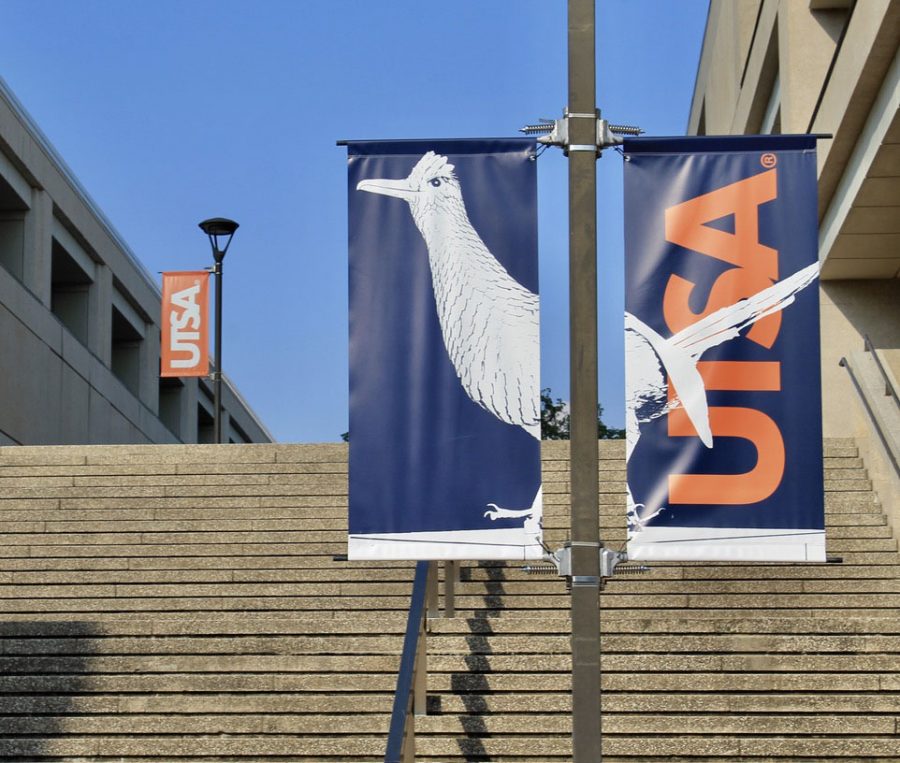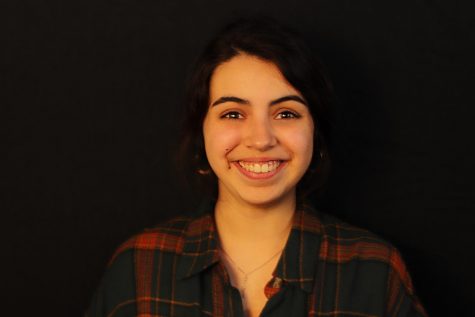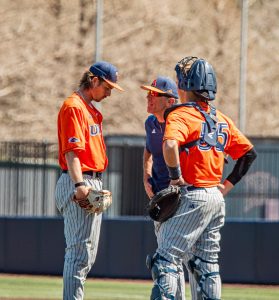University announces updates on the president’s initiative on enriching campus wellbeing
A banner hangs on campus. Doug Frantz’s research could lead to a drug that could reduce the severity of illness of COVID-19.
October 9, 2020
Dean of Students LT Robinson and Vice Provost for Student Success Tammy Wyatt updated the UTSA community on President Eighmy’s Initiative on Enriching Campus Wellbeing in an email on Oct. 7. Some of the updates listed were expanded drop-in hours for Counseling and Mental Health Services (CMHS), expanded clinic hours for Student Health Services (SHS) and a $500 grant awarded to 10 student organizations to help raise awareness about campus well-being.
Expanded hours for CMHS and SHS are just one of the expansions to the health services programs. SHS is also offering self-administered COVID-19 testing, free provider appointments, and services that help treat behavioral disorders such as anxiety and depression. CMHS has hired more counselors and now offers therapy sessions via video and phone call and same-day consultation calls. CMHS also has a self-help app called TAO and offers a variety of sessions and workshops that can be attended via RowdyLink. In addition, CMHS had a required prevention training for well-being for all undergraduate students that had to be done earlier this semester via ASAP.
Out of 43 applicants, 10 student organizations were awarded $500 each to lead projects that “are targeted toward increasing awareness, knowledge, skills and behaviors around wellbeing,” according to the email. The student organizations awarded the grants are Active Minds, Blueprints for Pangaea at UTSA, HOSA: Future Health Professionals, Neurofeedback Society, School Psychology Graduate Student Organization, Spectrum, Student Veterans Association, Terry Scholars Student Organization, TRiO Ambassadors and Women in Medicine.
This Initiative launched in the Spring 2020 semester and has a focus on improving resources to help students with their mental, physical and social well-being. Last spring, the university also hosted a number of forums and town halls to get feedback from students, faculty and staff and underwent an external review of SHS and CMHS to see how those programs could improve.
“Our thanks go to the initiative’s working groups for their hard work and commitment, and to the entire campus community for engaging in the wellbeing surveys and forums.” Robinson and Wyatt said in the closing statement of their email.









